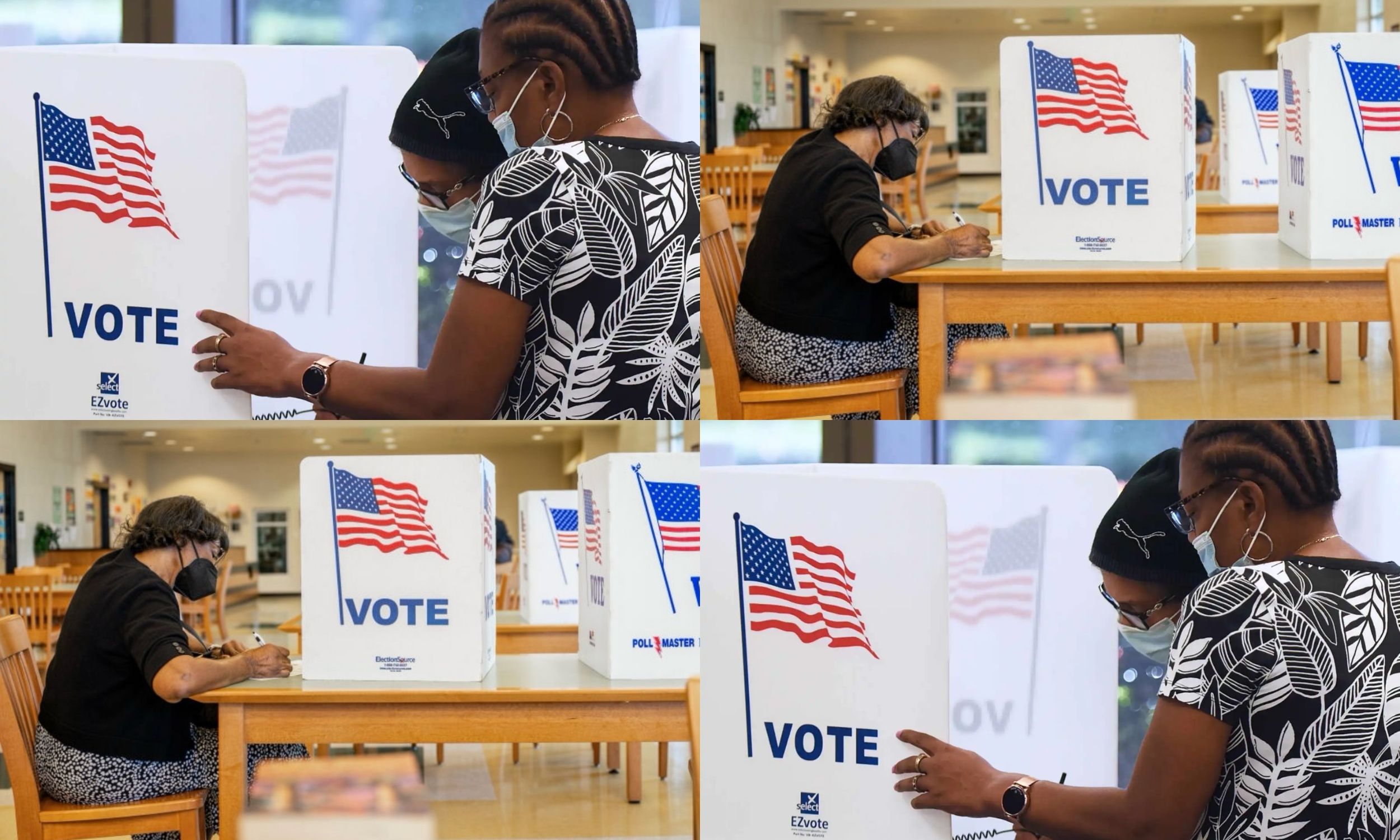A recent survey highlights that Black women view this year’s election as crucial, placing a high priority on defending democracy and safeguarding freedoms. The Black Women in America national poll, executed by the Highland Project and Brilliant Corners Research and Strategies, reveals that 71% of Black women consider this election the most important of their lives, reflecting a serious increase in their motivation to vote.
The nonpartisan poll indicates that 86% of Black women plan to vote this year, up 8% from last year. “This is such a pivotal moment in our country,” Gabrielle Wyatt, founder and CEO of the Highland Project, told The Hill. “Black women are demanding an actionable agenda that centers our greatest concerns, needs, and dreams.”

Wyatt elaborated on the key issues identified by the poll: enhancing social safety nets, protecting communities, reforming the Supreme Court, pursuing gun control, advocating for women’s health and reproductive freedoms, ensuring equitable education funding, and reducing everyday costs. Racism and discrimination are primary concerns for 94% of respondents, with 93% citing criminal justice reform and 92% focusing on voting rights.
Cornell Belcher of Brilliant Corners noted a serious increase in concern over racism, attributing it to the impact of Trump and Trumpism. He suggested that Vice President Harris, with her background, is well-positioned to address these issues.
The survey also shows a stark contrast in favorability between Harris and Trump. Black women rated Harris 83 out of 100, compared to Trump’s 10.9. Harris is seen as better equipped to handle key issues like Black maternal health, crime, and immigration.
While Black women are energized for the election, younger voters aged 18-49 express less optimism about the economy and the nation’s direction. The survey underscores the importance of addressing Black women’s concerns and suggests they will use their influence both at the polls and through economic actions.
The Black Women in America poll, conducted from July 28 to August 7, surveyed 705 African American women registered to vote, with a margin of error of ±3.7 percentage points.


